Reform or brace for setbacks
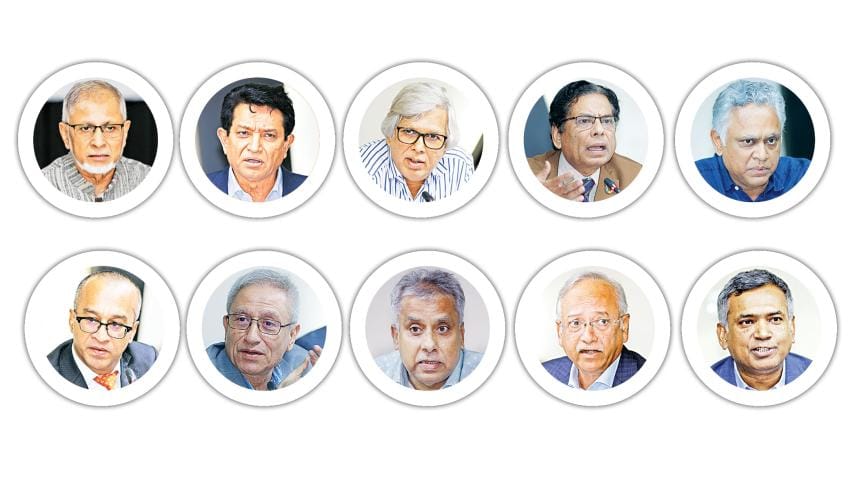
Business leaders have continued to push the government to seek a deferral of Bangladesh's graduation to a developing nation by five to six years, warning that a premature transition would cripple industries, erode export competitiveness, and trigger massive job losses.
The government, however, stresses that while the timeline is largely out of Bangladesh's hands, the central task remains strengthening competitiveness and preparing for life after preferences.
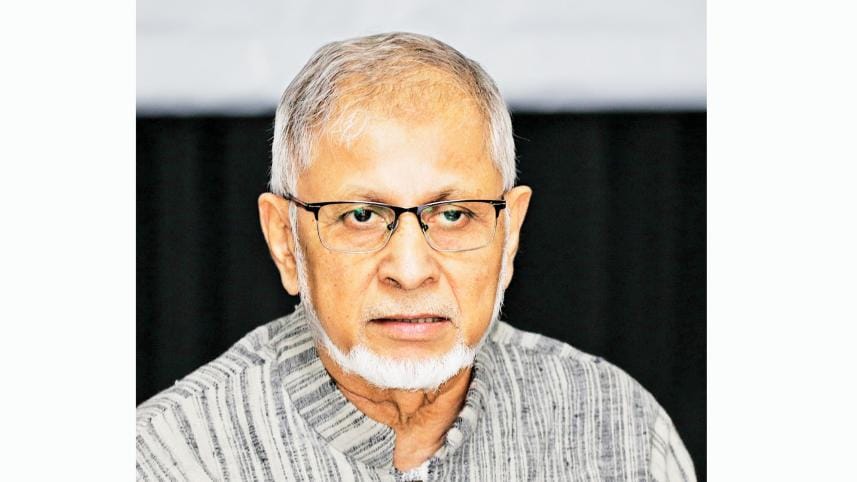
"Bangladesh must shift from preference-driven growth to productivity-driven competitiveness and deepen collaboration between government and business."
"Whether graduation comes in 2026 or later, the task is the same: to shift from preference-driven growth to productivity-driven competitiveness," said Anisuzzaman Chowdhury, special assistant to the chief adviser.
Bangladesh must also ensure that policy continuity and institutional reforms become the hallmarks of the next phase of development, he added, emphasising deeper collaboration between the government and the private sector.
He was speaking at a roundtable on "Empowering the Private Sector to Face the Challenges of LDC Graduation", organised by The Daily Star at its Dhaka office. The discussion, the final of a series, brought together leaders of major chambers, trade bodies, exporters, economists, and bankers.
Chowdhury said his office has been holding consultations with entrepreneurs across sectors to identify challenges. He announced plans to hold two national dialogues on tax and credit policy, and on energy by December.
While acknowledging that some industries would be affected once benefits as a least developed country are withdrawn, he reminded that postponement of the graduation is not a decision Dhaka can make alone.
He also stressed that many preparations were already underway. These included reforms at the National Board of Revenue and Chattogram port, the launch of a national single window that issued over 500,000 trade licences in two months, and the roll-out of a one-stop service centre, he said.
Business leaders, however, warned that the country is simply not ready.

"When industries don't have energy security, then proceeding with the LDC graduation will be suicidal with the imposition of export tariffs."
AK Azad, chairman and managing director of Ha-Meem Group, painted a bleak picture: eight to nine hours of power cuts daily in factories, no new gas connections for industries, and a distressed banking sector weighed down by bad loans -- about a third of all disbursed credit.
Add to that $28 billion laundered abroad, rampant bribery in licence renewals, and chronic gas shortages, all of which are not in favour of graduation, he said.
Once Bangladesh graduates, its exports to the European Union and Canada will face tariffs between 12 and 18 percent -- a factor that will undermine competitiveness, Azad added.
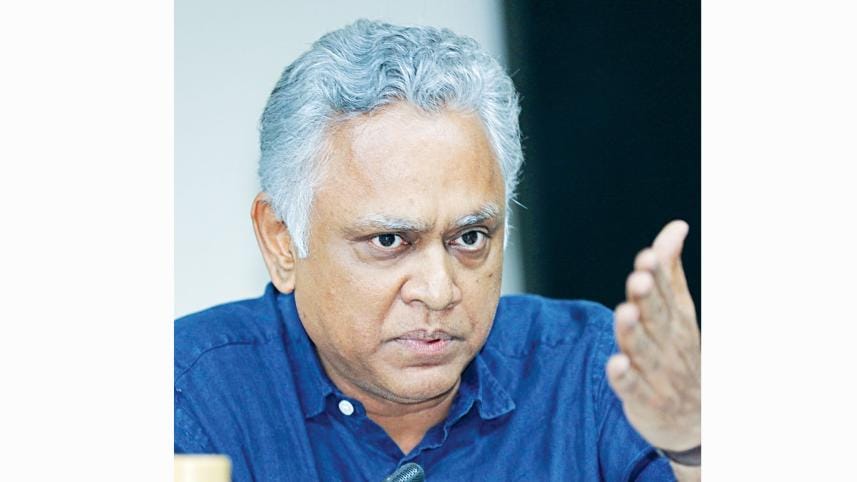
"Let's invite the Committee for Development Policy to evaluate the private sector and economic readiness for graduation immediately. Let's start lobbying with the EU and friendly states for support on deferral."
Syed Nasim Manzur, president of the Leathergoods and Footwear Manufacturers & Exporters Association of Bangladesh, said, "Graduation must be a controlled landing, not a crash landing. The process is well defined. I think technical eligibility does not mean readiness."
He said while the private sector is not prepared, bureaucrats are making "fake claims". "LDC graduation now would be suicidal," he warned.
Manzur recounted how buyers in the US, Italy, Japan and Hong Kong warned him during recent visits. "All the buyers say, 'Sir, you must be competitive. No space of emotion or relationship here.' The biggest buyers in H&M, Inditex say, 'If you lose preference, we will reduce business.'"
He urged Dhaka to immediately invite the UN Committee for Development Policy (CDP) to assess readiness, target the November 25 CDP review, and intensify lobbying in Brussels, Strasbourg and friendly capitals. Bangladesh should also coordinate with Nepal and Lao PDR, two other graduating countries, to push for deferral.
Manzur also recommended benchmarking finance costs with Vietnam and India, easing central bank export rules, expanding Export Development Fund facilities, and modernising payment regulations to cut the cost of doing business.
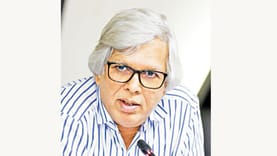
"What we are requesting is not to avoid graduation, but to delay its implementation by three to five years so that our industries have time to adjust."
Anwar-Ul-Alam Chowdhury Parvez, president of Bangladesh Chamber of Industries, said business enterprises, particularly SMEs, have been battered since 2020 by one crisis after another: pandemic, Ukraine war, and energy shortages. Yet they received little coordinated support.
He also said businesspeople understand that graduation is inevitable. "But the core issue is whether we are prepared to withstand the impact. What we are requesting is not to avoid graduation, but to delay its implementation by three to five years so that our industries have time to adjust," he said.
Parvez said the loss of duty-free access to key markets such as the EU, UK, and Canada will hit Bangladesh's exporters hard.
"We are particularly concerned about the influx of foreign merchandise in the domestic market, which will severely undercut local manufacturing," he said.
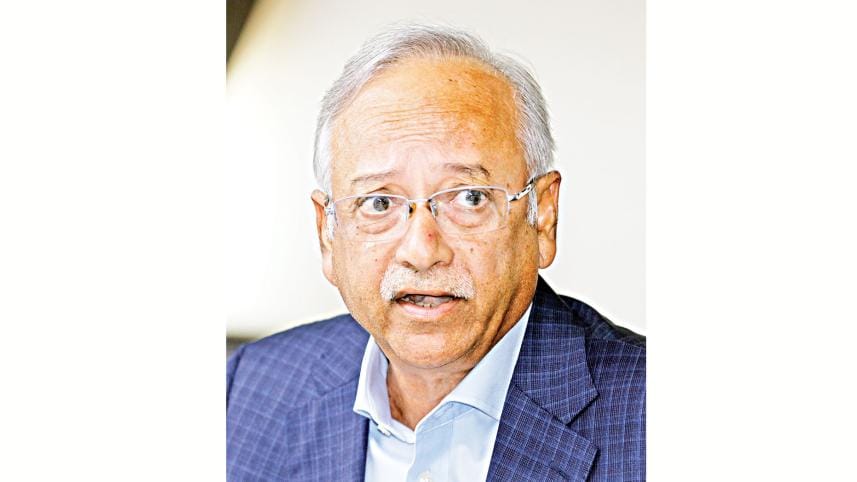
"There are sufficient arguments why we should not rush to graduation. We have to preserve our international trade preferences. These are going to erode the moment we graduate."
Kamran T Rahman, president of Metropolitan Chamber of Commerce and Industry, also warned that graduation would strip Bangladesh of preferential trade and concessional financing.
"It is imperative that the government works closely with the private sector to create a comprehensive roadmap that addresses these challenges head-on," he said.
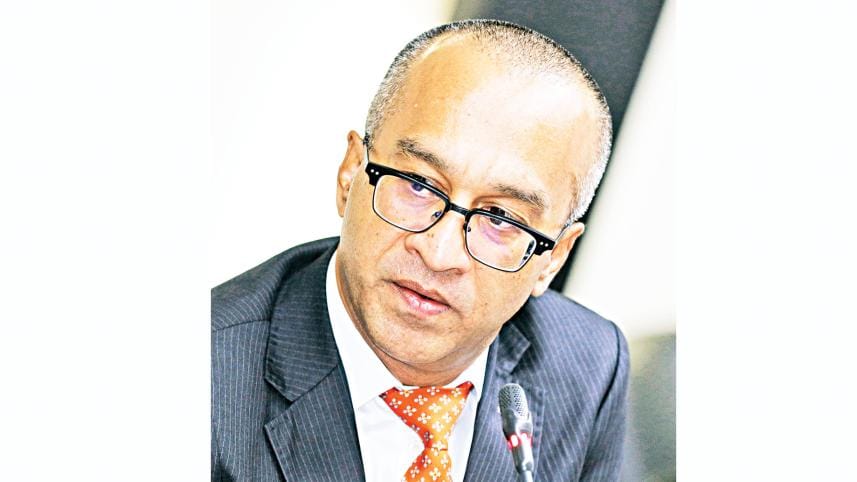
"When Bangladesh graduates from the LDC category, foreign borrowing will become expensive, directly impacting exporters who rely on affordable credit to maintain competitiveness in global markets."
Mashrur Arefin, managing director of City Bank, highlighted the looming financial squeeze: graduation will end concessional lending from multilateral agencies. "Borrowing terms from multilateral agencies such as JICA and the World Bank will become less favourable, resulting in higher interest rates," he said.
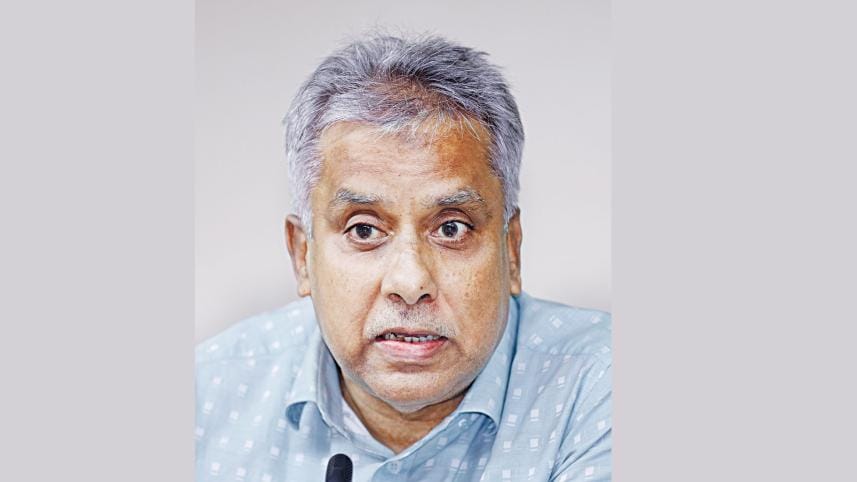
"We need to explore all possible avenues. We should first try to defer the graduation. We need to make an effort. But if we don't improve our capabilities, there will be no benefit."
Fazlul Hoque, managing director of Plummy Fashions, lamented that even as incentives on export receipts were cut, private sector voices remained marginal in policymaking. He urged faster port operations and productivity upgrades at factories.
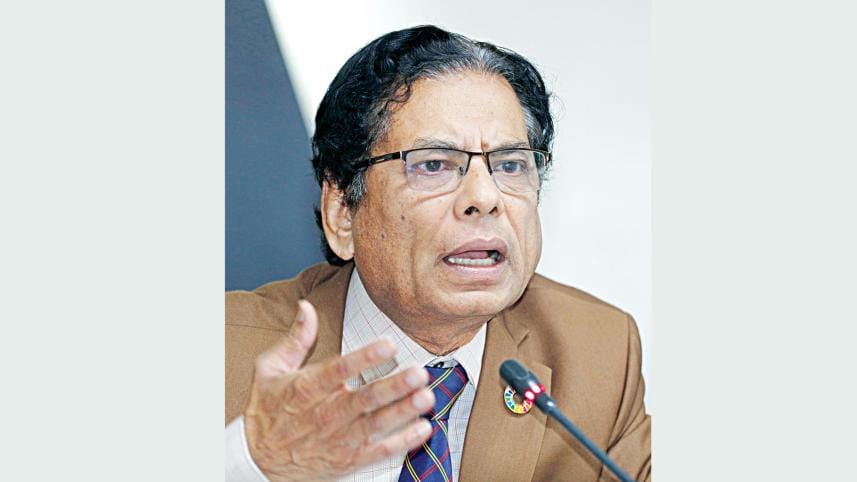
"Even if Bangladesh wants to pursue a deferral, it should also prepare for the graduation. For example, Vietnam has signed FTAs with the EU, reducing its export tariffs to zero."
Economist Mustafizur Rahman, a distinguished fellow at the Centre for Policy Dialogue, said if any country meets the graduation criteria for six years in the triennial review, as Bangladesh has done, then it can still approach the UN CDP for a deferral.
CDP will review Bangladesh's case on November 25. "Remember, the formulation of the Smooth Transition Strategy (STS) is part of the CDP mechanism. When a country graduates, they must prepare the STS, and that review will now take place," Mustafizur said.
He stressed that even if Bangladesh wants to pursue a deferral of graduation, it should also take preparations for the graduation.
"I agree we must prepare. But why not also try for a deferral? On the technical side, this STS we have prepared can be used to argue, for example, about our single-window export readiness …"
He pointed to other options like Vietnam's FTAs with the EU, which allowed duty-free exports even after losing LDC preferences.

"As 75 percent of Bangladesh's exports are linked to LDC privileges, the country should team up with Nepal and Laos, also set to graduate, to push for a collective deferment."
Mohammad Abdur Razzaque, chairman of Research and Policy Integration for Development, urged launching immediate diplomatic efforts through the G-77, the EU, India and the US.
However, he admitted that since Bangladesh's graduation resolution has already gone to the UN General Assembly, deferment will be difficult. He stressed coordination with Nepal and Lao PDR and called for lobbying to ease EU GSP Plus conditions.
He also urged continuing subsidies, improving the Savar tannery CETP to attract leather orders shifting from China, and addressing infrastructure bottlenecks that raise costs.
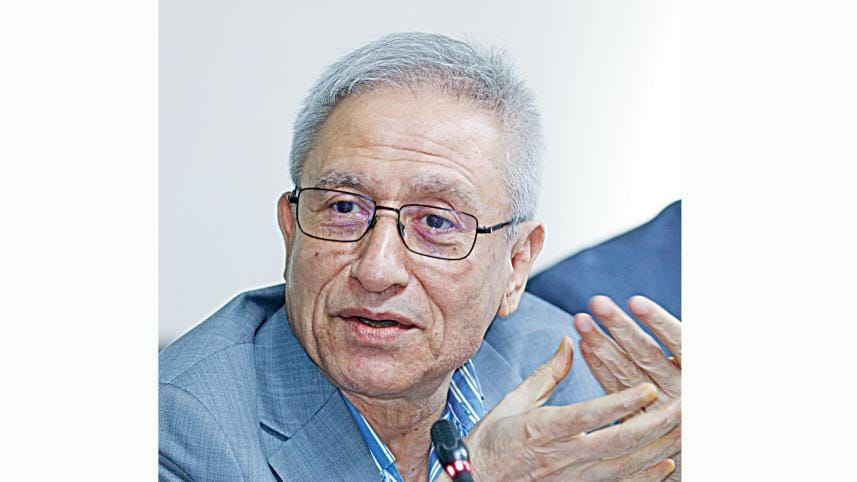
"Bangladesh can seek a waiver on some pharmaceutical products. It can also lobby with the EU for free trade agreements and relaxed GSP Plus conditions."
Zahid Hussain, former lead economist at World Bank's Dhaka office, suggested thinking about alternatives if Bangladesh cannot seek a deferral.
For instance, Bangladesh can demand a waiver on some pharmaceutical products, he said. Bangladesh can also lobby with the EU for signing an FTA and ease the conditions for GSP Plus facilities.
But whatever the outcome is, Bangladesh needs structural reforms and improved efficiency, he said.
Mahfuz Anam, editor and publisher of The Daily Star, said the government could have paid more attention to the preparation, noting that it has only 14 months left to act decisively.
"The well deserving private sector was also not given proper attention in the steps of preparation," he added.
RECOMMENDATIONS
- Explore FTAs with key markets to offset tariff shocks
- Strengthen Ctg port, NBR efficiency to cut delays, costs
- Fix gas, power crisis to ensure stable supply
- Seek product-specific waivers, particularly in pharmaceuticals



 For all latest news, follow The Daily Star's Google News channel.
For all latest news, follow The Daily Star's Google News channel.
Comments